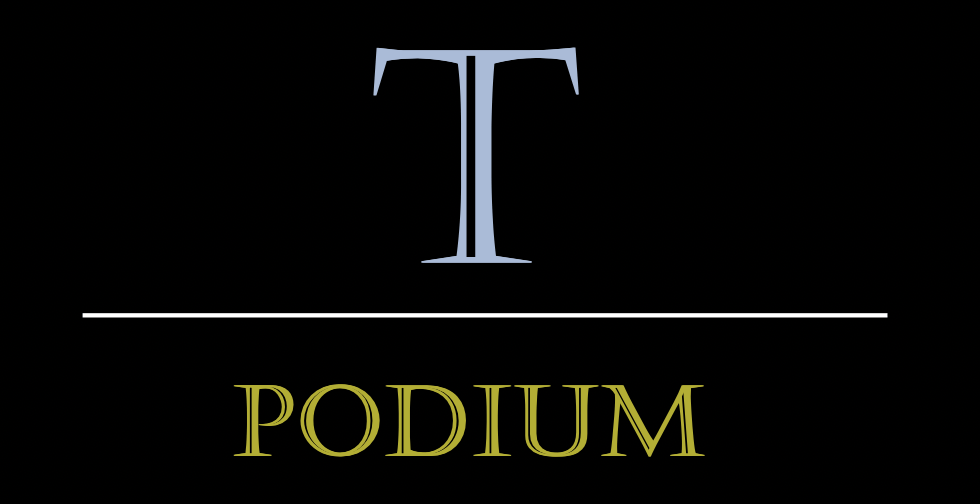QUESTION: We’re joined now by Secretary of State Antony Blinken. Mr. Secretary, thanks for coming in this morning.
SECRETARY BLINKEN: Good to be here, George.
QUESTION: Let’s begin with this China issue. Are you convinced now that they are going to send arms to Russia, and how worried are you that that could turn the tide of the war?
SECRETARY BLINKEN: Well, we’re very concerned that they’re thinking about it. Up until now, Chinese companies have provided nonlethal support. From day one, President Biden warned President Xi not to provide material lethal assistance to Russia for use against Ukraine – or to engage in the systematic evasion of sanctions. And the information we have suggests that they’re now actively thinking about that, which is why we’ve been public about warning them not to.
QUESTION: Are you going to release more specifics?
SECRETARY BLINKEN: We shared a lot of information with other countries, with allies and partners. We also have to get the balance right between making sure that we’re protecting where we get our information and releasing it. But we thought it was really important to make clear that China is looking at this. And what they’re hearing – not just from us but from many other countries around the word – is don’t do it, don’t add fuel to the fire.
QUESTION: But what would it mean if the arms went through?
SECRETARY BLINKEN: Well, it could make a material difference in Russia’s capacity on the ground at a time when we want to bring this war to an end – not add fuel to the fire, and have it continue.
QUESTION: And China has also put out a ceasefire proposal. Is it real?
SECRETARY BLINKEN: So, look, no one wants peace more than the Ukrainians, and any proposal that can advance peace is something that’s worth looking at. We’re taking a look at it. But there are 12 points in the Chinese plan. If they were serious about the first one – sovereignty – then this war could end tomorrow. Of course, Vladimir Putin’s flagrant disregard for Ukraine’s sovereignty is what’s at the heart of this. The war could end tomorrow if he simply pulled his troops out.
QUESTION: But that’s not going to happen.
SECRETARY BLINKEN: That’s not going to happen. And there are points in the Chinese plan, as we looked at it, that are consistent with things the Ukrainians have long said that China itself has put out there. But look, China’s been trying to have it both ways. It’s on the one hand trying to present itself publicly as neutral and seeking peace, while at the same time it was talking up Russia’s false narrative about the war. It is, as I said, providing nonlethal assistance through its companies and now contemplating lethal assistance.
QUESTION: One year in, where do things stand in this war right now? There were reports this morning that Russia’s actually in control of this key town of Bakhmud.
SECRETARY BLINKEN: George, a year and a week ago, we were here in New York at the United Nations warning the world about the impending Russian invasion and of course laying out how it would happen, and it’s exactly what happened. Here we are now a year later. Ukraine is still standing. It remains free. It remains independent. Putin’s first objective was to erase Ukraine from the map, to erase its identity, to absorb it into Russia. That has failed and will never succeed.
Now, there is a fierce battle going on for the territory that Russia has seized. Ukraine’s gotten about 50 percent of what Russia has taken since last February, and now there’s a fight for the rest. The Ukrainians are absorbing a incredible onslaught from Russia. At the same time, Russia has lost, by public accounts, either killed or wounded, 200,000 people. A million Russians have fled the country since last February, including the most educated, the best and the brightest. We’ve seen a thousand companies leave Russia because the cost of doing business and the reputational cost is too great.
Russia is isolated. There was a vote at the UN General Assembly just yesterday. A hundred and forty-one countries came out again against Russia’s aggression, for peace, in support of Ukraine.
QUESTION: That’s all true, but how long can Ukraine hold on? Their economy is being devastated as well. Russia appears – Vladimir Putin appears to be saying I’m going to fight to the finish here.
SECRETARY BLINKEN: I think the Ukrainians are the ones who are going to fight to the finish. There’s one big difference: Ukrainians are fighting for their country, for their land, for their future; the Russians are not. And at the end of the day, assuming the support continues from so many countries around the world – material support, military, economic, humanitarian – Ukraine will succeed.
QUESTION: One year from now with this war still being fought?
SECRETARY BLINKEN: Look, it’s hard to put a date on it. As I said, no one wants peace more than the Ukrainians, but it has to be a just and durable peace: just in terms of reflecting the basic principles that are at the heart of the UN Charter, which is the territorial integrity of countries, their sovereignty; and durable in the sense that wherever it lands, we don’t want it to land in a place where Russia can simply repeat the exercise a year or two or five years later. So, that’s what everyone is tracking toward. When that happens, hard to predict.
QUESTION: Mr. Secretary, thanks for coming in this morning.
SECRETARY BLINKEN: Thank you, George.
Official news published at https://www.state.gov/secretary-antony-j-blinken-with-george-stephanopoulos-of-abc-good-morning-america/
originally published at Politics - JISIP NEWS

